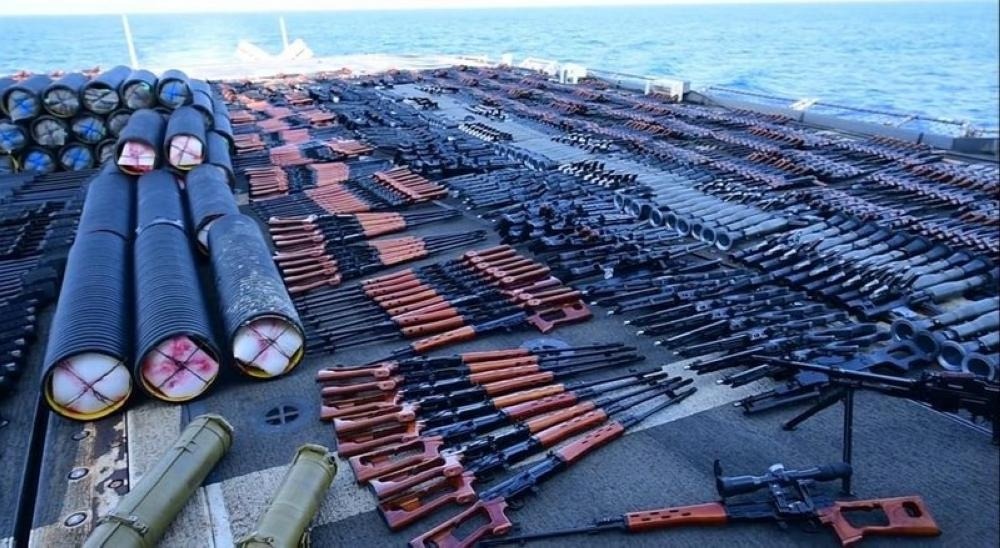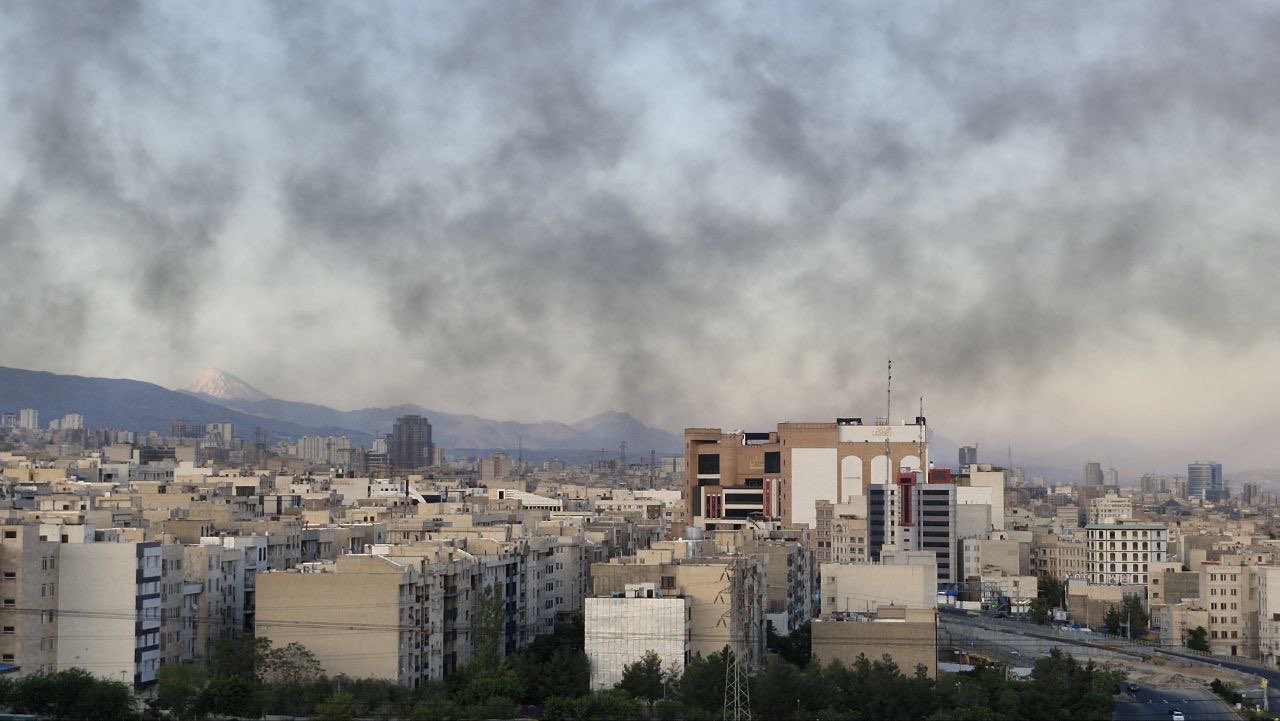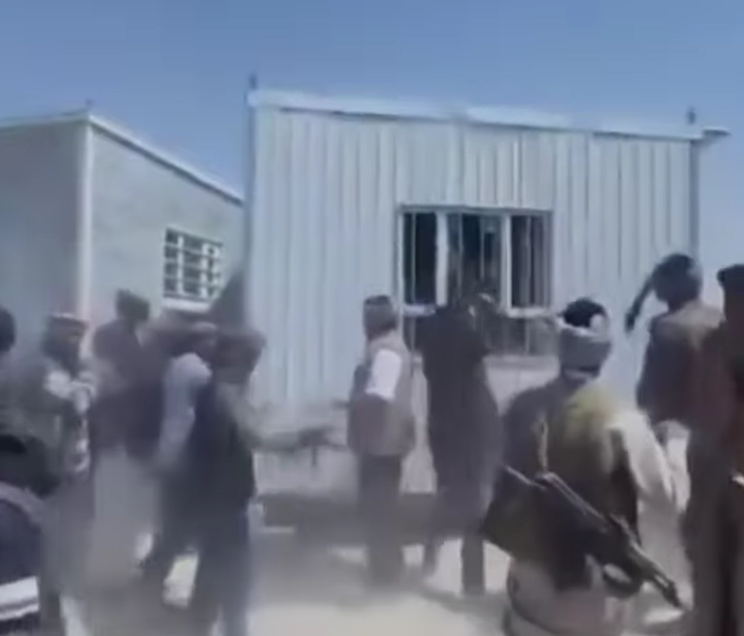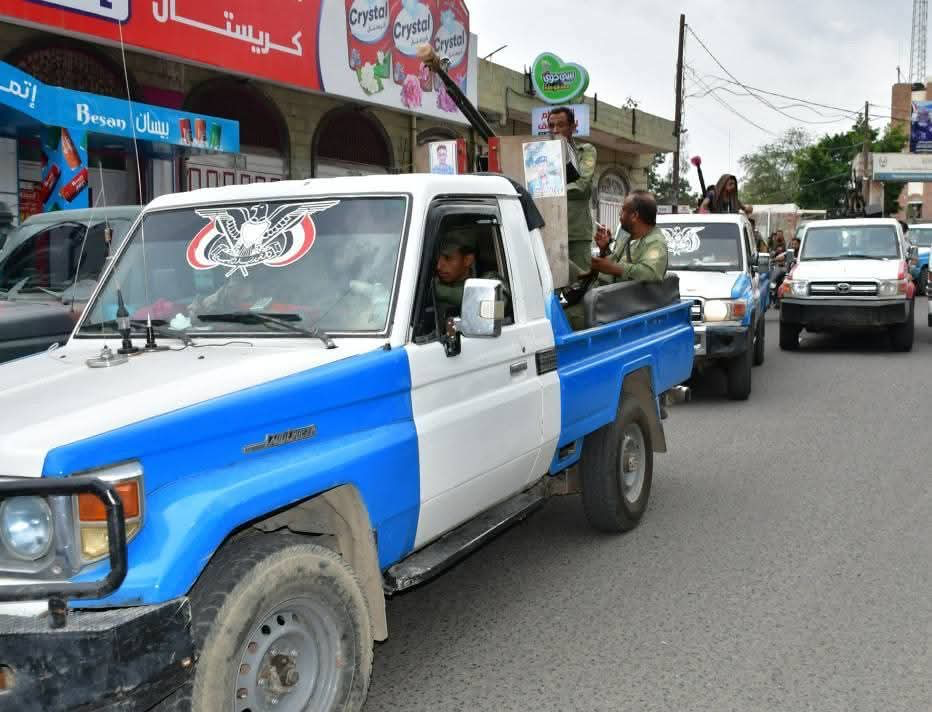
Barran Press
Reports published by US media outlets on Monday, July 12, 2024, indicate that the Houthis, a group designated as a terrorist organization by the US, are diversifying and developing their weapons supply chains to sustain their maritime attacks against commercial vessels.
"Maritime Executive," a maritime affairs website, reported that the Houthis have been targeting commercial shipping in the Red Sea since last fall. Despite relentless efforts to disrupt their operations on shore, they have "maintained a steady pace of attacks," according to a report seen by "Barran Press."
The Houthis' "resilience," according to the website, stems from "continued support from their Iranian sponsors, their internal capabilities, and, in a developing trend, a new diversity of suppliers."
The report states: "The Houthi supply chain has relied on Iran since the group's inception. Over the years, US and allied forces have intercepted numerous Iranian arms shipments bound for Yemen on the high seas."
The report quotes Vice Admiral George Wikoff, Commander of the Fifth Fleet, as saying that the group's supply infrastructure has "evolved far beyond" what it was at the start of the Yemeni civil war 10 years ago and "now involves multiple players."
"There's a line of effort now across all the supply lines coming into the Houthis, and we don't think it's just the Iranians," Wikoff said in a video interview with the Center for Strategic and International Studies. "The Houthis are working on diversifying their sources of supply. There's a discussion about whether they might be turning to sources for weapons technology."
Wikoff questioned the Houthi narrative of fighting for Palestinian rights, noting that the group had been attacking Saudi shipping for years before targeting vessels linked to Israel.
"The group's campaign attacking shipping is causing regional losses, from empty hotels in Aqaba to delayed aid delivery in Port Sudan to a collapse of the Suez Canal's revenue in Egypt," he said.
He added: "Two-thirds of the people in Yemen... are currently in dire need of humanitarian assistance, and 30 million people are starving in the region."
Wikoff acknowledged that US efforts to curtail the group's capabilities have not achieved significant success, describing the current US Navy mission as a "shock absorber" in the Red Sea "to maintain some semblance of maritime order while we give ourselves time to develop policy."
The military leader suggested that the challenge in creating deterrence is that the Houthis are a decentralized group with no major center of gravity for threats.
Since last November, the Houthis, designated as a terrorist organization by the US, have launched missile and drone attacks against commercial shipping in the Red Sea, the Arabian Sea, and the Gulf of Aden.
The group's attacks have driven up maritime insurance costs and prompted many international shipping companies to favor the much longer route around the southern tip of the African continent.
To deter the Houthis, the US-led "Guardians of Prosperity" coalition, which includes Britain as a key participant, began airstrikes on Houthi positions in Yemen in January 2024. The Houthis have expanded their operations to include ships linked to Washington and London, as they announced.





